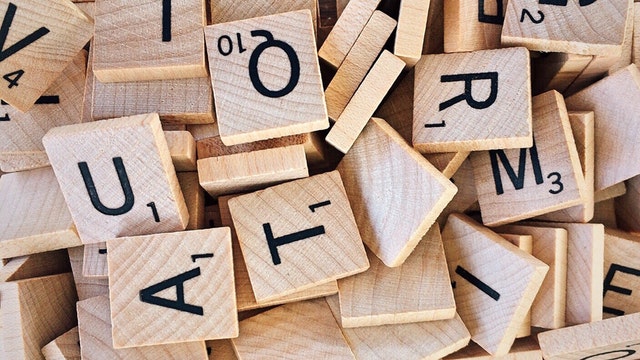“Never use a metaphor, simile or other figure of speech which you are used to seeing in print”. – George Orwell.
Cliches
Cliches are phrases and words that have lost their meaning over time, mostly due to being overused. While they are often used in everyday speech, they should be avoided when creating content. If you use a cliche, you’re knowingly using something that isn’t original.
Some of the most commonly used cliches are:
| Everyday life | At this moment in time | At the end of the day |
| In the current climate | Throughout history | Few and far between |
| A level playing field | In this day and age | When all is said and done |
| From the dawn of man | The fact of the matter | In modern society |
How to Avoid Cliches
Always read over your writing before you submit it. It will help you spot cliches and other errors. However, if you do spot a cliche, follow these steps:
- Think about what the cliche means – As you’re thinking, you’ll probably come up with some synonyms you could use instead – if not, pull out a thesaurus.
- Decide whether you need to use the expression at all. – Often cliches are just fluff or filler words, or are used to help maintain the flow of the piece. If you find the item works well without the cliche (or alternative words) just take it out completely.
- Rewrite if necessary. Here are some examples of cliches, and suggestions for alternatives:
| Instead of | Consider using |
| In this day and age | Today, nowadays |
| At this moment in time | Now |
| At the end of the day | Ultimately, finally |
| In any way, shape or form | Under any circumstances |
| Par for the course | Expected, normal |
Redundant Words
Redundancies (or wordiness) are often used when you’re using many words to say something that could be said in less words without the sentence losing meaning. – Remember, on most content types we have strict word counts, so we should avoid redundancies at all costs.
Never use redundancies to increase your word count – they won’t add anything to your writing and will actually decrease the quality of the piece. Some redundant words are also considered cliches.
Here are some examples of redundancies and why they are redundant:
He looked through the hollow tube. – If it’s a tube we know it’s hollow.
She stepped out on the frozen ice. – It’s ice, we know it’s frozen.
Her writing was full of overused cliches. – The definition of cliche is a phrase or opinion that is overused and betrays a lack of original thought. So, the word overused is redundant.
How to Avoid Redundant Words
- Emphasize carefully. – Avoid using phrases like absolutely essential, exactly the same, extremely significant and very unique. Only use intensifiers if they actually add meaning to your piece.
- Never say the same thing twice. – Examples include end result, basic essentials and completely eliminate.
- Avoid double negatives. – Examples include not insignificant and not unlikely.
- Be precise. – Examples: Use numbers instead of many, a number of or several. Also avoid using ‘this’ or ‘that’ too often.
- Eliminate or replace any redundant words or phrases you find.
We recommend that you use a spelling/grammar checker for everything you write. There are plenty out there, and some of them are free. However, the one that we prefer to use is ProWritingAid.

